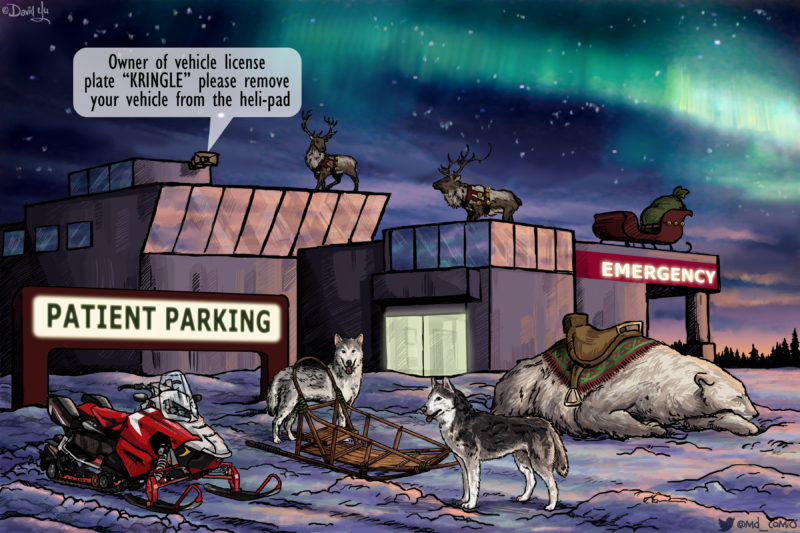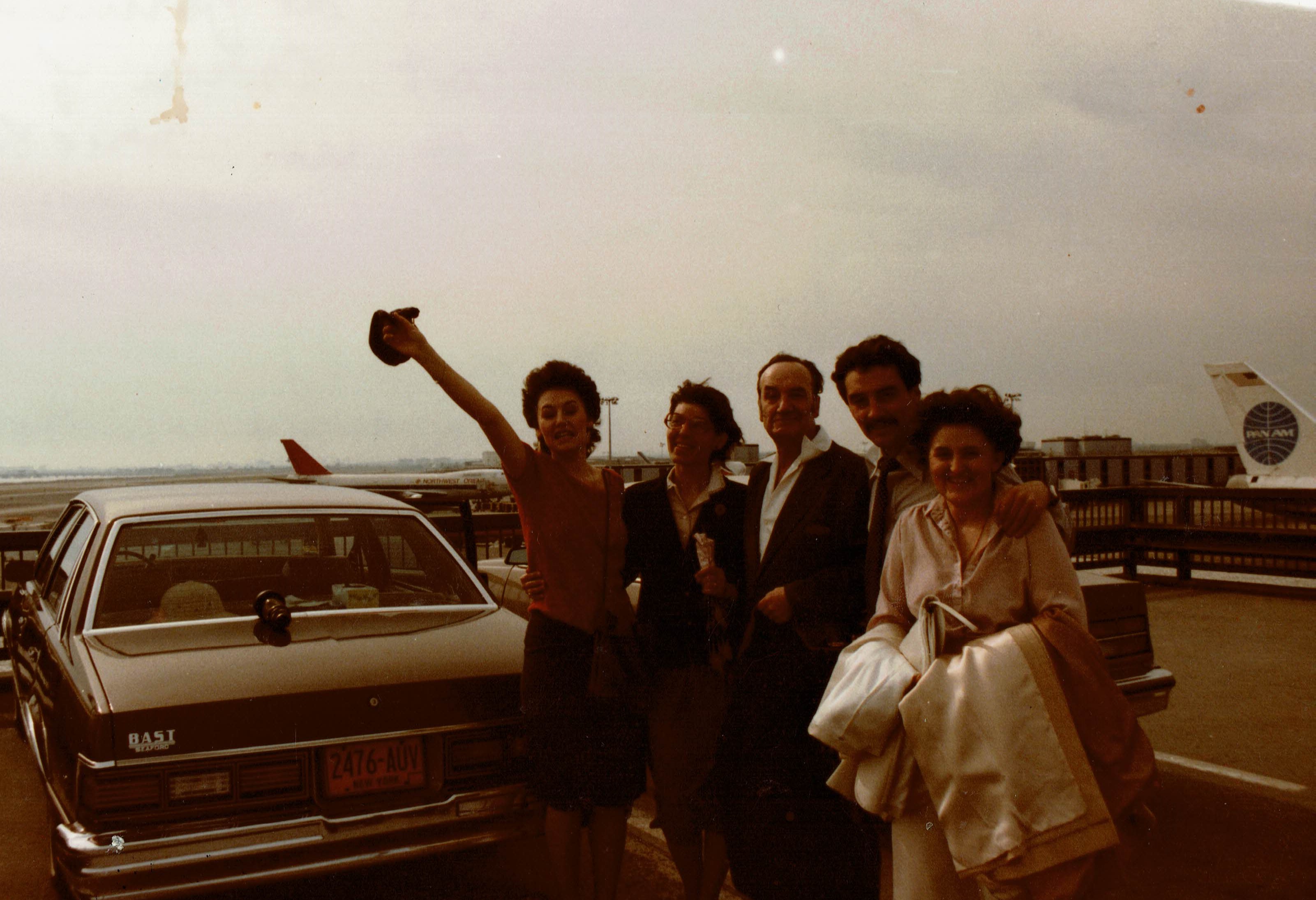My foray into the wilds of Alaska was part a journey that my classmates and I call “the Safari.” While no African wildlife are spotted on the trip, bears and moose are plentiful, and the journey traverses over a quarter of the United States landmass, from four-room clinics serving towns of a few hundred people to the massive edifices of a level one trauma center and tertiary care university hospital serving five states. For those unfamiliar with the program, the University of Washington is the only allopathic medical school in the “WWAMI” region, comprising of Washington, Wyoming, Alaska, Montana, and Idaho; the school has clinical sites and regional teaching campuses in each of these states. Come third year, students can request rotations in the multiple hospitals in Seattle, or rotate at the regional sites.


